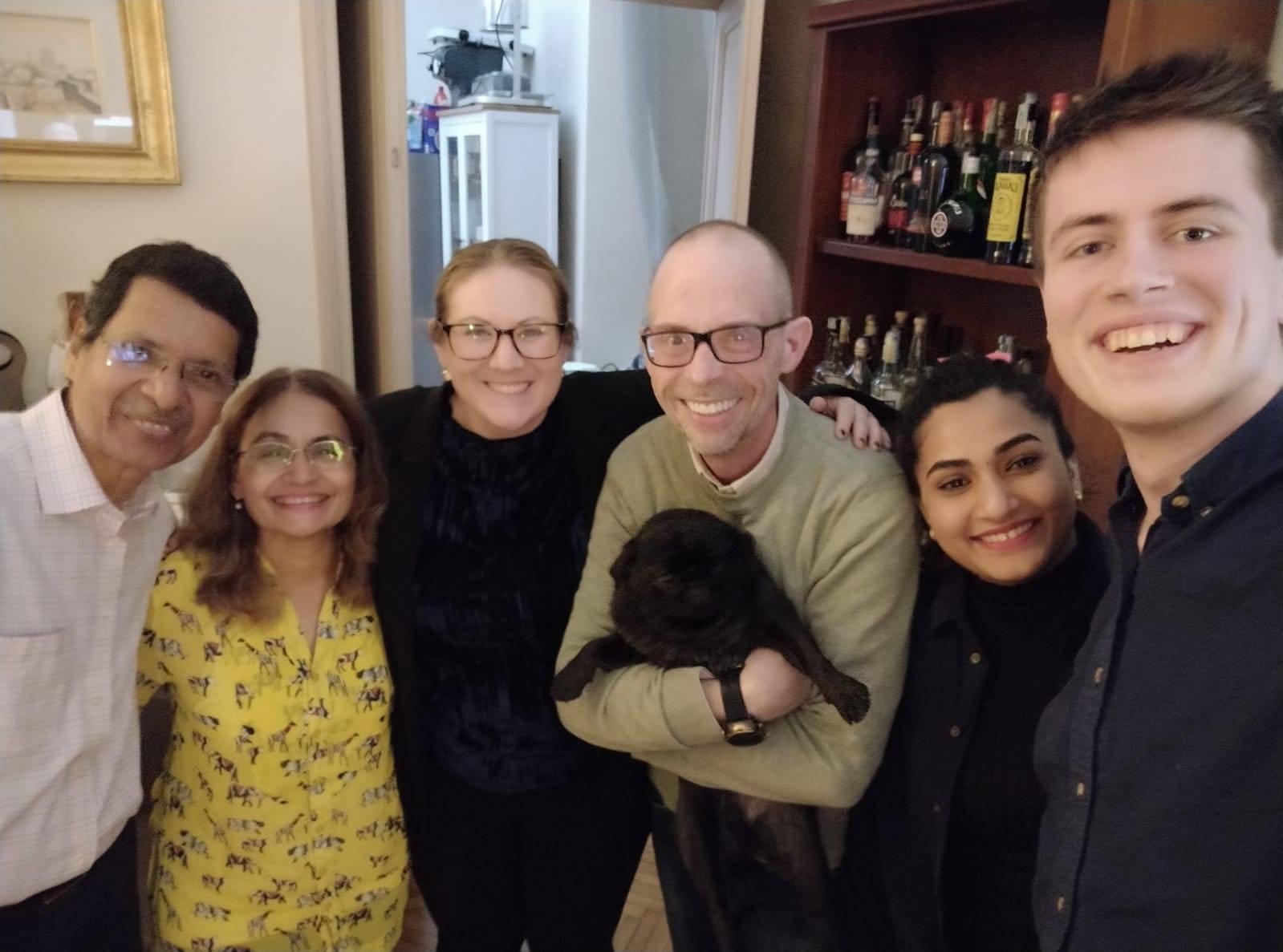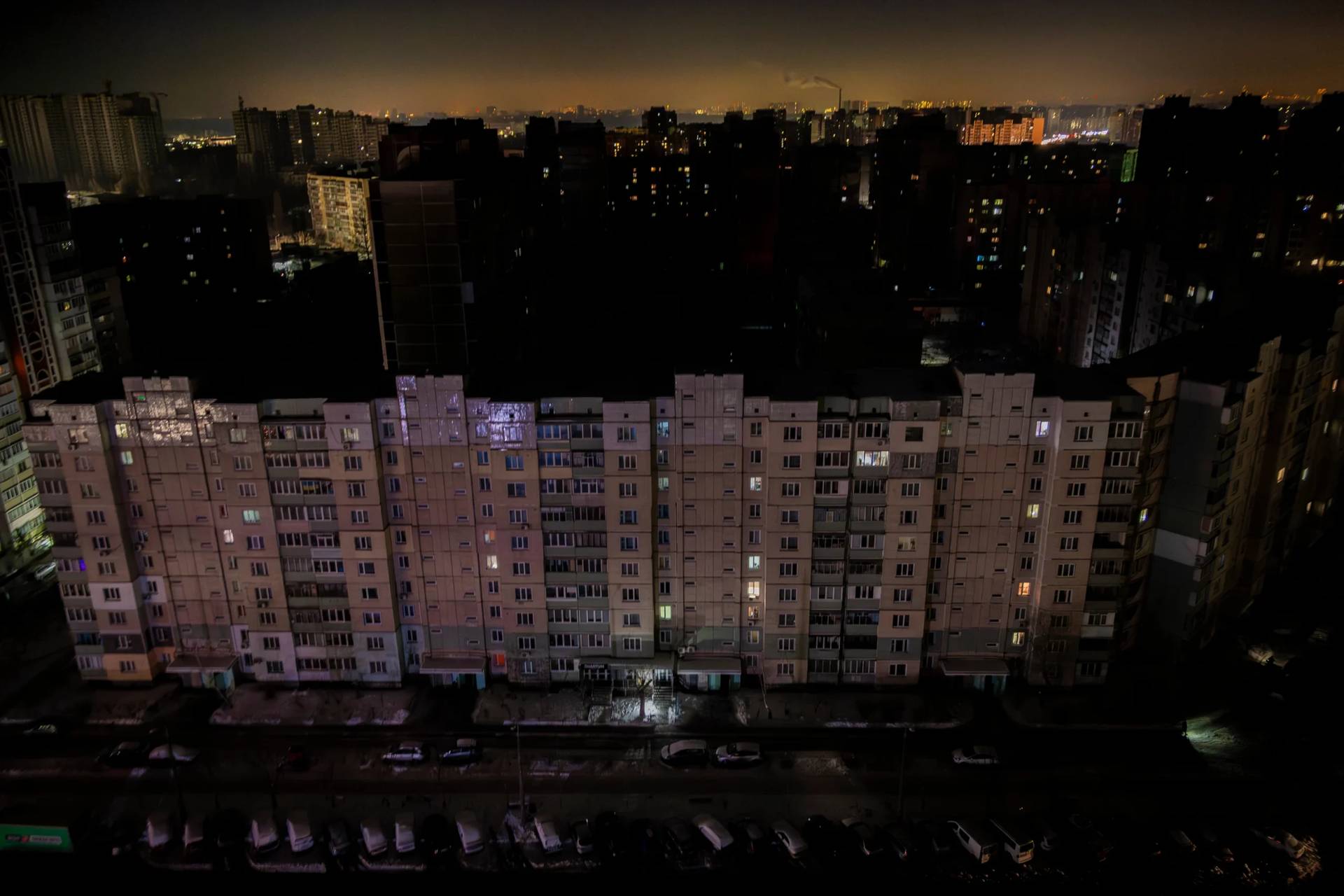ROME — In an off-the-cuff Q&A Friday, Pope Francis urged priests to avoid clericalism and hypocrisy, said the value of women in the Church reflects Mary’s greater importance than Jesus’ apostles, and shrugged off tensions that pit Catholics against one another by joking that the only place with no arguments is the cemetery.
The pontiff insisted priests must be merciful, including being willing to baptize the children of single mothers and divorced and remarried couples, and argued that the Church grows through “attraction” and “a language of gestures” rather than condemnation.
Francis called the fact that an Orthodox cleric and an atheist will help present his new encyclical on the environment an important show of unity in defense of creation. He complained that the West mistreats Africa by regarding it as “exploitable,” and said violent anti-Christian persecution around the world should bring churches together because “we’re already one in our martyrs’ blood.”
The comments came at Rome’s Basilica of St. John Lateran, as Francis addressed a group of priests from around the world participating in a retreat organized by the Catholic charismatic movement.
Before the Q&A session started, the pope told the priests and the bishops that conflict inside the Church is to be expected. According to Francis, a Church with no internal tensions is dead.
“The only place where there are no arguments is the cemetery,” he joked.
Thanking women present in the basilica for helping to organize the retreat, the pontiff told them that the feminine genius is a “grace” and that the Church itself is female, describing it as the “wife of Christ” and the “mother of the holy faithful people of God.”
“It’s not feminism to observe that Mary is way more important than the apostles,” he said.
He then called for priests to be transformed by God’s love.
“When a priest is in love with Jesus, you can see it,” Francis said. “Even if he’s tired as a mop. If not, he behaves like a bureaucrat.”
Francis told the priests to avoid being “puritans” and “hypocrites,” saying the Church should not be so attached to the law that it has no mercy or tenderness. He called on them not to condemn a newborn child for the sins of their parents, for instance by denying baptism to the child of a single mother or of a divorced and re-married person.
On religious persecution, Francis made two points.
First, he said the Church has to always be ready to apologize for the history of the Christian family.
“How many times have we killed in Jesus Christ’s name?” he said.
Referring to the Christians being murdered today around the world, he said it should lead churches to deeper unity because “those who kill us now see us all as equals: we [all] believe in Jesus.”
For extremist groups such as ISIS or Boko Haram, he said, there’s no difference between a Catholic, an Orthodox, or a Pentecostal.
“It’s the ecumenism of blood, and in this we’re one,” he said. “[The killers] are moved by the devil to exterminate us.”
The pontiff asked priests to respect laity by “leaving them in peace,” and to avoid the temptation of clericalism. A parish priest, he said, shouldn’t turn every good layman into a deacon, nor should a layman try to be good by being ordained.
Answering a question of a priest from Burundi, Francis confirmed his plan to visit the African continent before the end of the year.
“God willing, I’ll be going to the Central African Republic and Uganda in mid-November,” he said.
On previous occasions, Francis has mentioned Kenya as a possible third country for his first African tour, but he didn’t do so during Friday’s remarks.
An Australian priest asked the pontiff for his “secret” in reaching out successfully to the secular world. Francis said in those places where the Church seems irrelevant, reduced to a subculture, the important thing is not to proselytize.
He said that proselytism is a “caricature” of spreading the Gospel, and quoted Benedict XVI to the effect that the Church can grow only by attracting others to it, by using a “language of gestures” and provoking curiosity.
Francis added that it’s important not to condemn anyone, to repay an enemy with goodness, and to always put the focus on the Holy Spirit.
To a priest from Peru, who asked Francis about the best way to help those living in situations of social injustice and poverty, he said that the easiest answer would be to “spread hope.”
The pope then called the poor the “wealth of the Church,” saying they’re the heart of the Latin American church and that they can’t be used as propaganda.
The Argentine pontiff said the biggest temptation of Latin American clerics is to become attached to money and power, adding that although the laity can forgive a priest for emotional quirks or having an extra glass of wine, they won’t forgive a priest who cares too much about money or who mistreats his flock.
“There’s so much poverty in the world today,” Francis said. “Even in the soul of the rich … How I want them to be free, not slaves to money.”
When a priest from Holland asked the pontiff about the relationship between Eastern and Western Europe, Francis said that there’s always been a geopolitical tension between cultures, reminding his audience that Catholic forces sacked Constantinople (1204) and invaded Russia twice.
“Dialogue is needed,” he said. “There’s hope, despite those who say there’s no hope between Moscow and Constantinople,” adding that the Vatican and the Patriarchate of Constantinople are on the same page when it comes to fundamental values.
Francis called the division among Christian churches “shameful,” expressing hope to find a unified date for Easter week.
“It’s a scandal that we have to ask each other, ‘When does your Christ rise from the dead?’” he said.
Francis said he invited Patriarch Bartholomew I of Constantinople to come to Rome for the release of his environmental encyclical. Bartholomew isn’t able to make the trip, Francis said, but has sent a senior cleric to represent him.
As the pope noted, that means a Catholic, an Orthodox, and an atheist will present the highly anticipated document on June 18.
“We need unity to protect creation,” he said.













